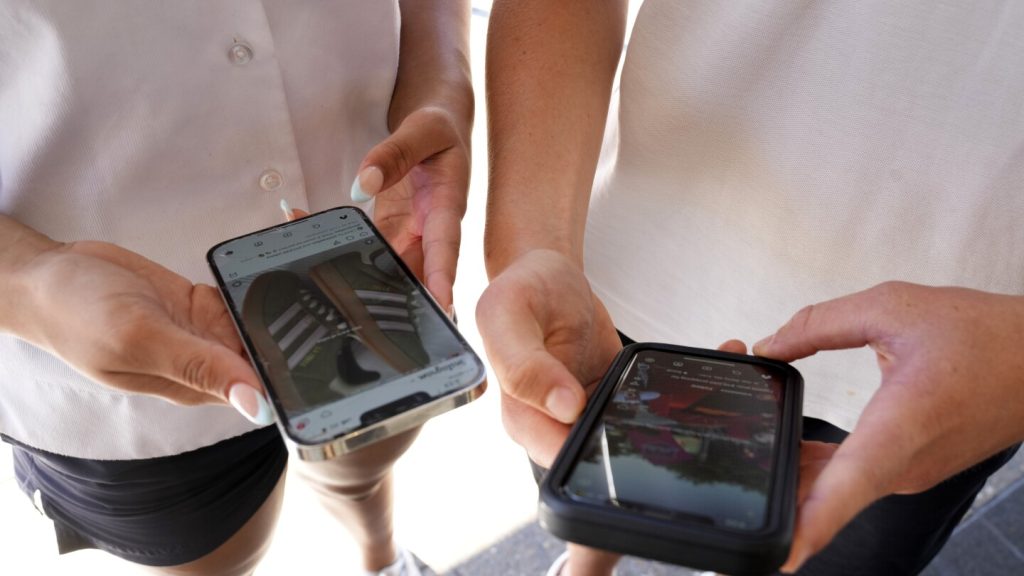Australia’s states and territories have unanimously backed a national plan to require most forms of social media to bar children younger than 16. Prime Minister Anthony Albanese has called this a world-first national approach that would make platforms like X, TikTok, Instagram, and Facebook responsible for enforcing the age limit. The government plans to introduce legislation into Parliament within two weeks, with the age ban taking effect a year after it passes into law. This delay is intended to allow platforms time to find ways to exclude children and address privacy concerns around age verification.
The main opposition party has given in-principle support to the 16-year age limit, suggesting that the legislation will pass the Senate. However, the minor Greens party has criticized the ban, saying it could prevent the emergence of future child activists like Greta Thunberg. Despite the support for the age limit, some critics argue that most teenagers are tech-savvy enough to bypass such laws and that the ban could lead to conflicts within families, driving social media issues underground.
Meta, the company that owns Facebook and Instagram, argues that stronger tools in app stores and operating systems for parents to control their children’s app usage would be a more effective solution. The government defends the proposed social media age limit by likening it to laws that restrict the sale of alcohol to adults in Australia. However, some experts, like Lisa Given, a professor of information sciences, believe the legislation is problematic and could hinder children’s access to critical information and social support online.
Tama Leaver, a professor of internet studies, finds the government’s plan to remove 14 and 15-year-olds from their established social media accounts strange, as it could potentially do more harm than good. Communications Minister Michelle Rowland assures that children will still have access to online education and health services, with strong privacy protections surrounding age verification included in the legislation. The legislation would likely include mainstream platforms like YouTube but could exempt platforms like YouTube Kids. Gaming and messaging services would not face age restrictions, striking a balance between minimizing harm to young people and supporting their access to benefits online.
Overall, the implementation of the social media age limit in Australia has sparked debates among experts and politicians. While the government believes it will protect young Australians from the harms of social media, critics argue that teenagers can easily circumvent such laws and that the ban could have unintended consequences. As the legislation moves forward, it will be essential to address privacy concerns, provide support for children navigating social media platforms, and ensure that young people can still access educational and health resources online.















